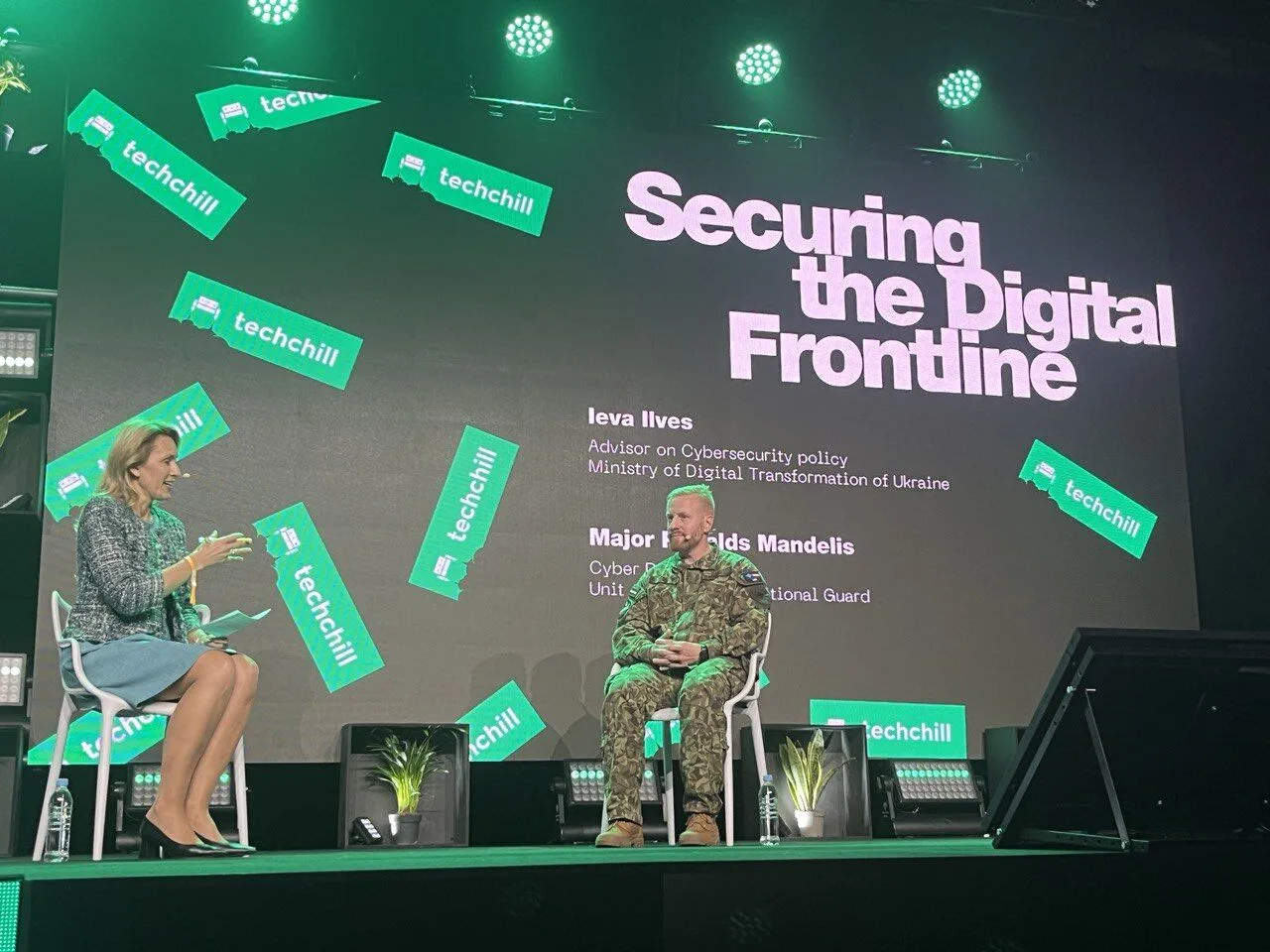This week brought me to Nairobi, Kenya’s capital and largest city with a metropolitan population of over 5.5 million. I joined the Elevate Africa conference, organised by CCI Global, one of the top providers of customer management services in Africa, alongside a group of other global business services (GBS) professionals and analysts.
Kenya itself is one of CCI’s fastest growing markets—within just four years CCI Kenya has grown from about 600 to over 5,000 employees. We had an opportunity to meet some of them and hear their inspiring stories, frequently coming from underrepresented or unprivileged communities—proof that the GBS sector can make a real impact.
Kenya Yetu, Hakuna Matata
This prayer for Kenya might say that, “in Kenya, we have no worries,” but the country struggles with poverty, corruption, environmental challenges, such as the current heavy rains causing severe flooding and displacing over 185,000 people.
At the same time, there is a lot of potential as the Global Business Services sector is creating massive social and economic opportunities. Since the industry is conducive for the employment of youth and women, it presents huge opportunity to provide socio-economic empowerment for these key demographics. We could see that first hand.
Kenya leads the ‘emerging’ countries in Africa with over 590 million US dollars in GBS revenue, according to GBS.World/Genesis GBS, a research company. At its current trajectory, the workforce employed in the sector is projected to grow organically from 29,340 to over 62,000 employees by 2033.
It is estimated that each month, existing and new GBS operators could hire up to 16,500 B2 English-speaking candidates without depleting the talent pool. Increasing Kenya’s share of global services by 0.12 per cent would result in creating almost 140,000 jobs both directly and indirectly. Currently, an average salary in the business process outsourcing sector ranges between 250 and 490 US dollars, and in the IT outsourcing—between 316 for an IT help desk agent and 787 US dollars for a data analyst.
Commitment fuels success
Companies that already work with Kenyan talent highlight their empathy and commitment, especially delivered through programmes such as CareerBox, identifying and training candidates from underprivileged townships and placing them in entry-level digitally enabled jobs, having taught them essential skills.
But that commitment to highlighting opportunities and developing the country’s social and economic landscape goes beyond those working in the GBS sector.
During the Elevate Africa conference opening ceremony, Kenya’s President Dr William S Ruto clearly demonstrated his government’s dedication to empowering youth, fighting youth unemployment and poverty and making sure companies investing in Kenya and helping reach his objectives, can thrive,
“We get it,” he said during the launch of the newest CCI offices at Tatu City, the company’s 17th site on the continent.
His words were later echoed by several government officials who asked the business community to share any challenges, any struggles, questions and issues they are facing in Kenya so the government can work on them.
This made me think about how often government officials in the emerging Europe region simply don’t understand that only through solid public-private partnerships and efficient collaboration better results can be achieved. Fortunately, there are (quite a few) great exceptions but the fact that those negative examples even exist is appalling.
Emerging Europe has published its The Future of IT report for the several years now. The report identifies opportunities for IT sourcing, partnerships and investment across 23 countries in Central and Eastern Europe and the Caucasus, and assesses key indicators that offer insight for the global experts choosing their ideal IT partners and investment destinations in emerging Europe—the report makes this job easier than ever before.
Commitment shortage concerns
Our research team relies on data collected by national statistical offices and uses the same methodology across the region. Some statistical offices are very well prepared and responsive. Others, less so or completely unresponsive.
This year, the Croatian Bureau of Statistics went “above and beyond” to assist us in helping the country of Croatia promote their IT sector and attract international IT buyers and investors.
This year we were notified that the Bureau of Statistics would charge us 32.25 euros for the data that we had requested.
“We would like to inform you that first we [will] send our offer, and after you pay we will send you an invoice (as a proof for service done),” a senior adviser at the Croatian Bureau of Statistics told us.
That already sounded bureaucratic. The invoice emerged from a storm of technical chaos two weeks later, delayed by so many glitches that even the giants of tech were called to battle.
“We are having major technical problems all week and could not do special processing until further notice.” We were also told that major tech firms were helping the Bureau solve the issue.
After we eventually got the invoice and paid, the Bureau asked us to wait for a few days as they could not identify the transaction, which had been paid to the Ministry of Finance’s bank account. The data we had long ago requested arrived only after we contacted a government official who helped communicate with the Bureau and convinced them to send the data based on a payment confirmation receipt.
Every entrepreneur dreams of a day when efficiency reigns supreme. Progress waits for no one, and it’s time the wheels of bureaucracy spun at the speed of business. Especially those who only want to help.
It’s really high time they got it!
Photo by Amani Nation on Unsplash.







